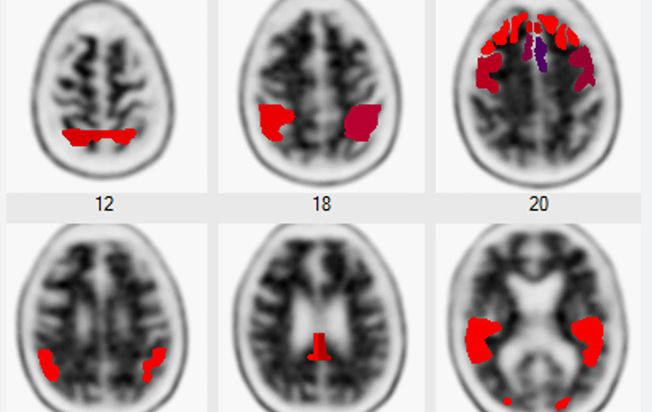New Blood Tests Promise Faster, More Accurate Alzheimer’s Diagnosis

Researchers have reported that new blood tests could significantly improve the speed and accuracy of Alzheimer’s disease diagnoses. However, early findings indicate that some tests outperform others in reliability and precision.
These innovative blood tests are designed to detect biomarkers associated with Alzheimer’s, offering a less invasive and more accessible alternative to traditional diagnostic methods such as spinal taps and PET scans. Early detection is crucial in managing Alzheimer’s, as it allows for timely intervention and better care planning.
One of the most promising tests focuses on identifying abnormal levels of amyloid and tau proteins in the blood, which are indicative of Alzheimer’s pathology. “This represents a major step forward in our ability to diagnose Alzheimer’s early and accurately,” said Dr. Maria Carrillo, Chief Science Officer at the Alzheimer’s Association.
Despite the potential, not all tests have demonstrated equal efficacy. Some have shown higher sensitivity and specificity, making them more reliable for clinical use. For example, a test developed by researchers at the University of Gothenburg in Sweden has shown remarkable accuracy in detecting Alzheimer’s biomarkers, while others still require further validation.
“While the progress is exciting, it’s important to understand that not all tests are created equal,” emphasized Dr. Michael Weiner, a leading Alzheimer’s researcher. “We need rigorous validation and standardization before these tests can be widely implemented in clinical practice.”
The variability in test performance highlights the need for continued research and development. Scientists are working to refine these tests to ensure they can be used effectively across diverse populations and clinical settings.
If successfully integrated into healthcare, these blood tests could revolutionize how Alzheimer’s is diagnosed, allowing for earlier and more accurate detection. This could lead to better patient outcomes and more efficient allocation of healthcare resources.
For families and individuals affected by Alzheimer’s, the prospect of a simple blood test offers hope. “Early diagnosis means we can start treatment sooner and better manage the progression of the disease,” said Dr. Carrillo. “This could be a game-changer for many patients and their loved ones.”
As the research progresses, the medical community remains cautiously optimistic. These advancements could pave the way for more accessible and less invasive diagnostic tools, ultimately improving the lives of those affected by Alzheimer’s disease.





